In the afternoon of 14th June, 2017, the founding ceremony and the first meeting of the ad hoc task group of quantum communication and information technology (ST7) of China Communications Standards Association (CCSA) were successfully held in Beijing. The chief engineer Zhang Feng, a party member of the Ministry of Industry and Information Technology, the Secretary-general Deng Maicun, a party member of Chinese Academy of Sciences, and An Xiaolong, Vice-director of the Office of the State Commercial Cryptography of State Cryptography Administration and other relevant leaders attended the meeting and delivered speeches. Yang Zemin, Vice -president and Secretary-general of China Communications Standards Association, and Qi Wei, group leader of ST7 and President of CAS Quantum Network Co., Ltd. hosted the inaugural meeting of the task group and the first working conference respectively.


In the meeting, the participants nominated and approved the group leaders and deputy group leaders of the ad hoc task group and its sub-workgroups, discussed the quantum security communication standard system, the proposal and application of 2017 standard projects and the working plan. Zhao Yong, President and chief engineer of QuantumCTek, made a professional technical report entitled "Industrial opportunities and challenges of quantum information technology".


ST7 has two sub-workgroups: the quantum communication workgroup (WG1) and the quantum information processing workgroup (WG2). It has 36 plenipotentiary member units at present. Apart from the initiator CAS Quantum and the manufacturers of quantum communication equipment QuantumCTek and Anhui Qasky Science and Technology Limited Liability Company, the members also include China Telecom, China Mobile, China Unicom, HUAWEI, ZTE, FiberHome, Ericsson, Alcatel-sbell and other senior enterprises in the communication industry, solution and system integration service providers such as Digital China Information Service Co., Ltd., Xiamen Kehua Hengsheng Co., Ltd. and Guochuang Software Co., Ltd., and standard and professional organizations, universities and institutes, like China Academy of Information and Communications Technology, Shandong Institute of Standardization, Jinan Institute of Quantum Technology, Beijing University of Posts and Telecommunications, Institute of Data Communications, and the Designing Institute China International Telecommunication Construction Corporation. Besides, there are also application development start-ups like Beijing Zhongchuangwei Quantum Communication Technology Co., Ltd. and Zhongjing Quantum Communication Technology Co., Ltd. These members jointly formed the rudimentary quantum communication industry chain in China.

In recent years, as the first quantum information technology that has entered the practical stage—quantum security communication technology is developing rapidly and has initially entered the industrialization stage. Standard is an important tool to guide the development of the industry. Developed countries in Europe and America have already started the standardization of quantum security communication. In 2008, European Telecommunications Standards Institute (ETSI) organized relevant enterprises and institutes in developed countries in Europe, America, Japan and Canada, etc. to set up the QKD standardization group, which has released multiple standards and planned to recommend its standards as the international standards. German Telecom, British Telecom and other foreign telecom operators have recently become members of the QKD standardization group. IEEE is also carrying out research on "software-defined quantum communication".
The successful launch of "Micius" quantum satellite and the completion of the Beijing-Shanghai quantum cryptography communication line mark China's leading position in the scientific research, engineering and industrialization of quantum security communication. ST7 will unite the efforts of the industry, carry on studies of the standardization of quantum communication and relevant quantum information processing technologies, address relevant standardization issues in line with the urgency of industry development and prospectively start research on the standards of new quantum technology. The founding of ST7 shows that China has launched an campaign to catch up with the western developed countries from the perspective of standard strategy in the quantum technology.
Next, ST7 will be the first one to carry out systematic research on quantum security communication standards, and gradually form a series of standards and regulations, thus to guide China's development of the quantum security communication industry and provide strong support for China's participation and leading position in the international competitions in this field.

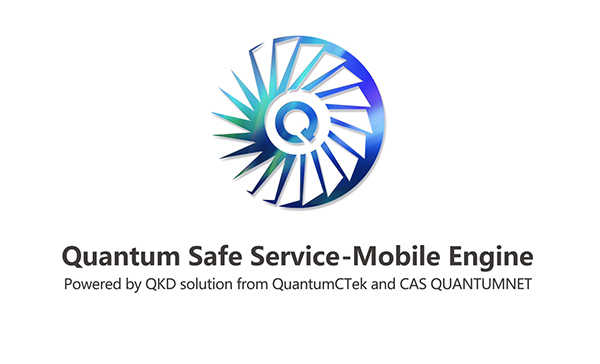 More
More
 More
More
 More
More
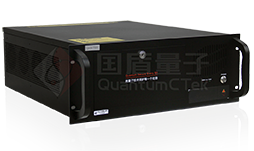 More
More
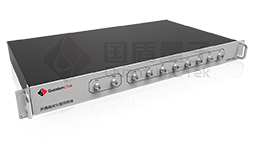 More
More
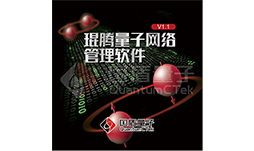 More
More
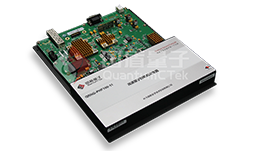 More
More
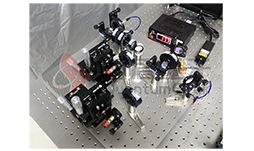 More
More
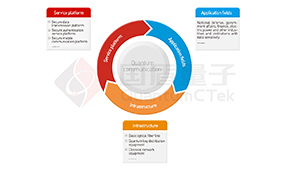 more
more
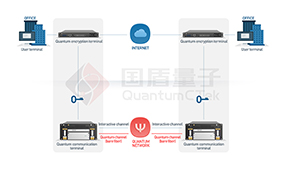 more
more
 more
more
 more
more
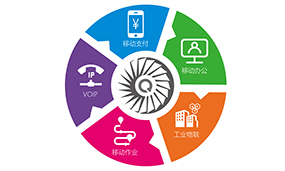 more
more
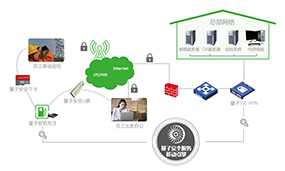 more
more
 more
more
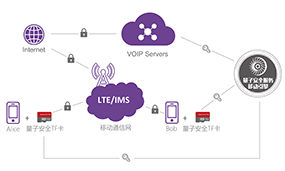 more
more
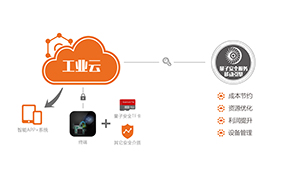 more
more
 More
More
 More
More
 More
More
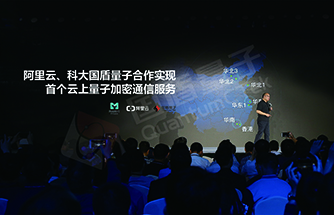 More
More
 More
More
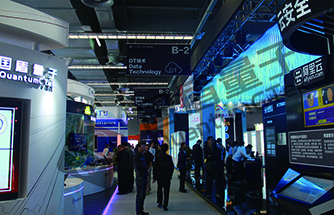 More
More
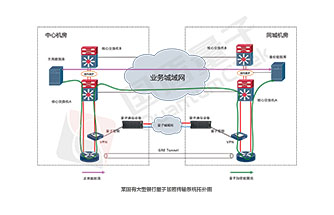 More
More
 More
More
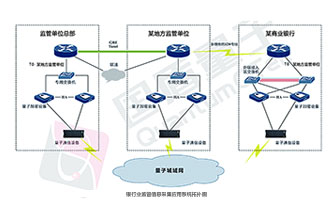 More
More
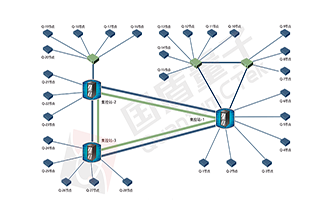 More
More
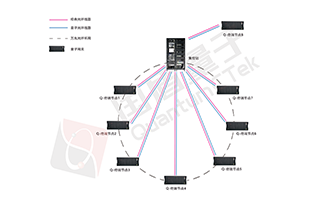 More
More
 More
More
 More
More
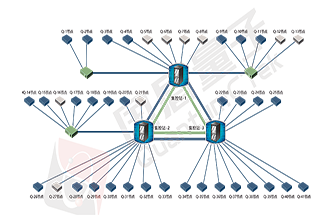 More
More





